Depression is one of the most common mental illnesses in older adults. It significantly alters the quality of life of those who suffer from it and is associated with high social and health costs. Although the impact of this disorder is increasingly recognized in recent years, it is a disease that often goes unnoticed or is not treated properly.
Factors that can cause depression
Biological Factors
Depression is more common in older adults who are physically ill than in those who are healthy. The main risk factors for depression seem to be the severity of the physical illness, the degree of disability it may cause, coexisting cognitive impairment, and a previous positive psychiatric history. There are also some diseases that are related to depression, such as:
- Diabetes
- Hypothyroidism and hyperthyroidism
- Vitamin deficiency
- Tumors
- Parkinson's disease
- Degenerative arthritis
- Irritable bowel syndrome
- Urinary/anal incontinence
- Hip fracture
- Acute myocardial infarction
- Strokes
- Among others.
Psychosocial Factors
Numerous studies reveal that certain events and environments can disrupt the mood of the older adult, for example: the death of a partner or loved one, illness, disability and functional impairment, retirement with the consequent loss of social and economic status, family rejection, and social isolation.
Symptoms
Depression in elderly people often presents in an atypical form. It is very common for older patients to have an increase in somatic complaints, sleep disorders, agitation, thoughts of death, poor concentration, and retardation.
A quite common symptom is anhedonia, characterized by the inability to experience pleasure, that is, the loss of interest in activities that were previously enjoyable and the loss of illusion. This is one of the clearest indicators of depression, although it can be present in other pathologies.

If you notice that your older adult family member has any of these symptoms, take them to a geriatrician or psychologist for a psychological evaluation and the corresponding treatment.
If you notice that your older adult family member has any of these symptoms, take them to a geriatrician or psychologist for a psychological evaluation and the corresponding treatment. Remember that as a senior clinic we specialize in medical care for older adults. For more information about our services for your loved ones, contact us through our social networks (Facebook, Instagram, and WhatsApp) and email. Or make your appointment here. Senior Citizen Clinic, accompanying you towards an active and healthy old age.

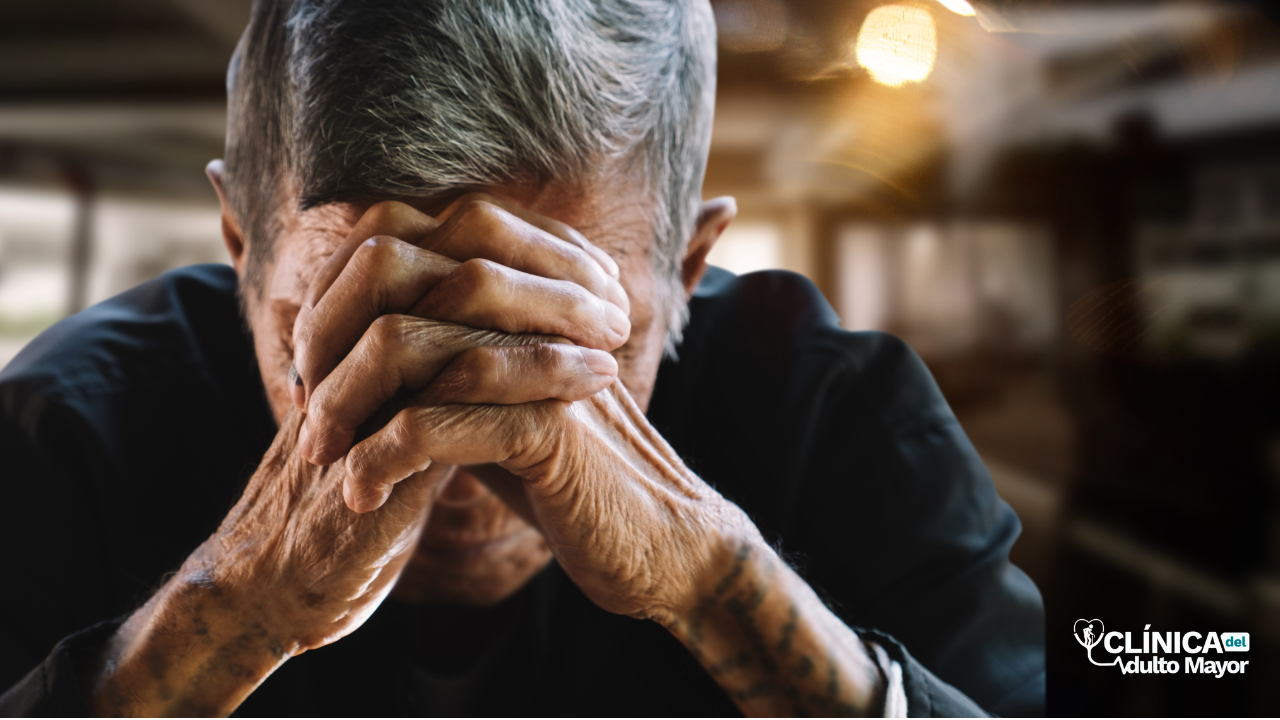

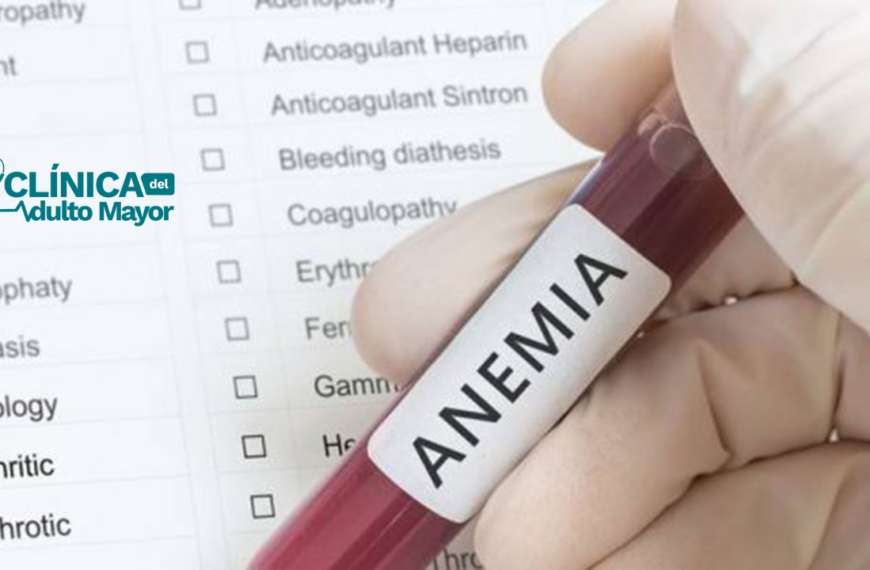

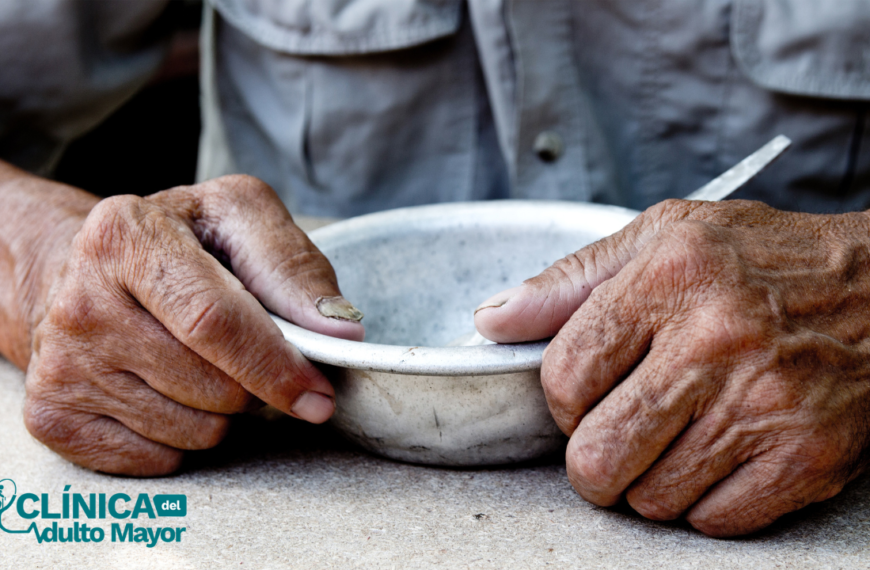
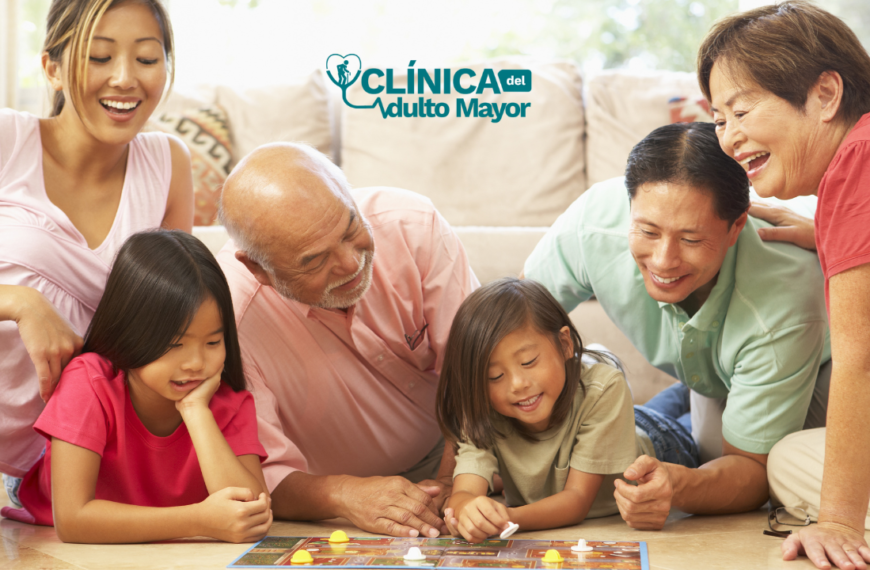



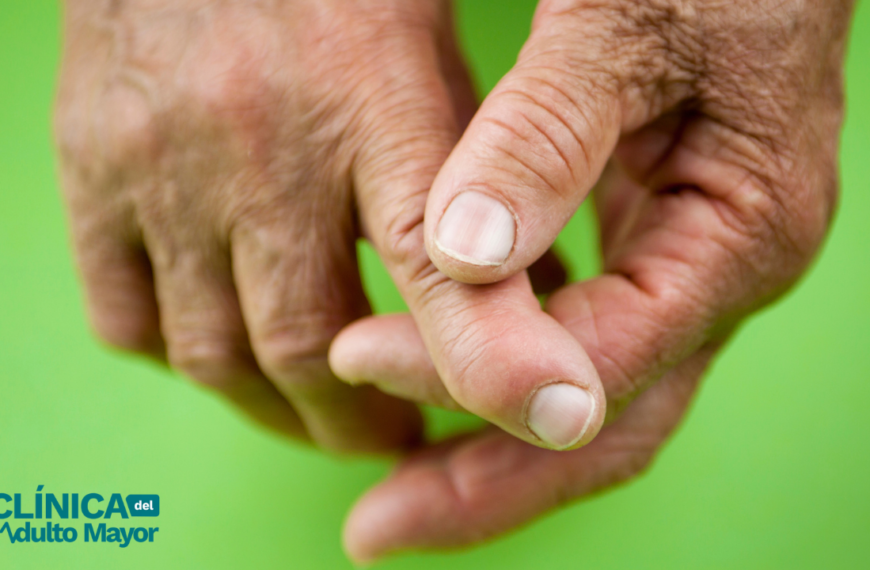
[…] Depresión: que incluye en sus criterios diagnósticos la pérdida o ganancia de peso, subyace en muchosde los casos de malnutrición geriátrica, por lo que es imprescindible evaluarla en todos los casos. Conoce más acerca de la depresión aquí. […]